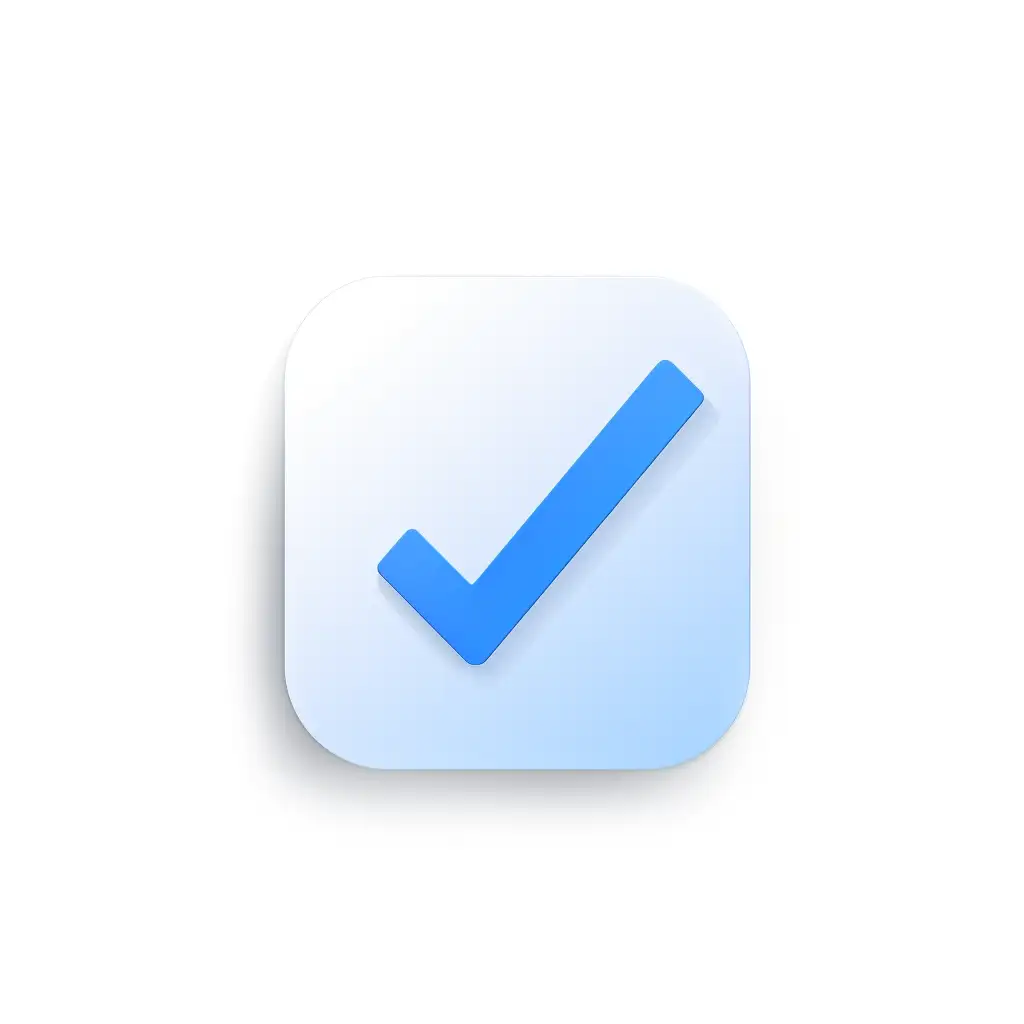What is 3PSP (Third-Party Sick Pay)?

What is a Third Party Sick Pay (3PSP)?
Third-Party Sick Pay (3PSP) is a system where an external entity, typically an insurance company, provides sick pay benefits to employees on behalf of their employer. This innovative arrangement is designed to streamline the process of managing sick pay, especially in organizations where this responsibility is outsourced to manage financial and administrative burdens more effectively. In essence, 3PSP acts as a bridge between the employer, the employee, and the entity managing the sick pay, ensuring that the process is smooth, compliant, and efficient for all parties involved.
How 3PSP Works
The 3PSP process can be broken down into several key steps:
Initiation of Sick Leave: The process begins when an employee falls ill and needs to take sick leave. The employee notifies their employer of the sick leave, following the company’s standard procedure for reporting absences due to illness.
Employer Notification to the Third-Party Administrator: Upon receiving the sick leave notification, the employer then communicates this information to the third-party administrator responsible for handling the 3PSP. This communication includes details such as the duration of the sick leave and any other relevant information required by the administrator.
Verification and Approval Process: The third-party administrator reviews the sick leave request to ensure it meets the criteria set forth in the 3PSP policy. This may involve verifying the employee’s eligibility for sick pay, the nature of the illness, and any required documentation such as medical certificates.
Calculation of Benefits: Once the sick leave is approved, the third-party administrator calculates the amount of sick pay the employee is entitled to. This calculation is based on various factors such as the employee’s salary, the length of service, and the terms of the 3PSP policy.
Disbursement of Payments: After calculating the benefits, the third-party administrator then disburses the sick pay directly to the employee. This payment is typically made through the usual payroll channels, ensuring a seamless integration with the employee’s regular salary.
Reporting and Record-Keeping: Both the employer and the third-party administrator maintain records of the sick leave and the payments made. These records are crucial for compliance with employment laws, tax regulations, and for auditing purposes.
Employer Reimbursement (if applicable): In some 3PSP arrangements, the employer reimburses the third-party administrator for the sick pay. This step depends on the specific terms of the agreement between the employer and the third-party provider.
Ongoing Communication: Throughout the process, there is continuous communication between the employee, employer, and the third-party administrator. This communication is vital to address any questions, provide updates, and ensure that all parties are informed about the status of the sick leave and payments.


Benefits for Employers
Third-Party Sick Pay offers several significant benefits for employers:
Financial Risk Management: One of the primary advantages of 3PSP is its role in mitigating financial risks for businesses. By outsourcing sick pay responsibilities, employers transfer the unpredictability and potential financial burden of sick leave costs to a third party. This arrangement helps in budgeting and financial planning, as the costs become more predictable and manageable.
Streamlined Payroll Processes: 3PSP simplifies the payroll process for employers. Handling sick pay internally can be complex, involving various calculations and adjustments to regular payroll. With 3PSP, these complexities are handled by the third-party administrator, freeing up the employer’s payroll team to focus on other critical aspects of their role.
Compliance with Employment Laws: Navigating the legal landscape of employee benefits, including sick pay, can be challenging. 3PSP providers are typically well-versed in the relevant laws and regulations, ensuring that employers remain compliant. This expertise is particularly beneficial in mitigating risks associated with non-compliance, such as legal penalties and reputational damage.
Administrative Efficiency: 3PSP reduces the administrative load on HR and payroll departments. The third-party administrator takes over the tasks of managing claims, verifying employee eligibility, and calculating payments, which can be time-consuming and require specialized knowledge.
Enhanced Employee Relations: By ensuring a smooth and reliable process for sick pay, employers can foster a more positive relationship with their workforce. Employees are likely to appreciate an efficient and transparent system for managing their benefits, contributing to higher morale and potentially lower turnover rates.
Advantages for Employees
3PSP also offers several advantages for employees:
Timely and Consistent Sick Pay: With 3PSP, employees can be assured of receiving their sick pay promptly and consistently. The efficiency of a third-party handling these payments often results in fewer delays and errors compared to in-house processing.
Peace of Mind: Knowing that there is a reliable and professional system in place for sick pay provides employees with peace of mind. During an illness, an employee’s primary focus should be on recovery, not worrying about the financial implications of taking sick leave.
Simplified Claims Process: The process of claiming sick pay is often more straightforward with a third-party administrator. Employees benefit from clear guidelines and support in submitting their claims, making the experience less stressful and more user-friendly.
Transparency and Trust: 3PSP systems typically offer higher levels of transparency in the handling of sick pay claims. Employees have clear points of contact and can easily access information regarding their benefits, fostering a sense of trust in the system.
Focus on Recovery and Well-being: With a dependable sick pay system in place, employees can focus on what’s most important during illness – their recovery and well-being. This focus can lead to faster recovery times and a smoother return to work.

Compliance Requirements
The legal framework governing Third-Party Sick Pay (3PSP) involves various federal and state-specific regulations. Employers need to be aware of these requirements to ensure full compliance:
Federal Laws and Regulations: At the federal level, employers must adhere to guidelines set forth by agencies such as the IRS and the Department of Labor. These guidelines cover aspects like the minimum amount of sick pay, the conditions under which it is paid, and record-keeping requirements.
State-Specific Regulations: Each state may have its own set of rules governing sick pay. Employers need to be familiar with the regulations in the states where they operate. This includes understanding state-specific mandates on sick pay accrual, caps on usage, and conditions under which sick pay can be used.
Compliance with Employment Agreements and Policies: Apart from federal and state laws, employers must also adhere to their internal policies and any collective bargaining agreements that might impact sick pay provisions.
Documentation and Record-Keeping: Maintaining accurate records is crucial for compliance. This includes documentation of sick leave requests, payments made, and any communications regarding 3PSP. These records are essential for audits and potential legal inquiries.
Training and Communication: Ensuring that HR and payroll staff are well-trained on 3PSP policies and legal requirements is vital. Additionally, clear communication with employees about their rights and the procedures for claiming sick pay is a key aspect of compliance.
Tax Considerations
The implementation of 3PSP has several tax implications for both employers and employees:
Payroll Taxes: Employers must consider how 3PSP payments impact payroll taxes. Generally, these payments are subject to federal income tax withholding, Social Security, and Medicare taxes. Employers need to ensure that these taxes are correctly calculated and remitted.
Deductions and Contributions: Employers should understand how contributions to a 3PSP plan are treated for tax purposes. In some cases, these contributions may be deductible as a business expense.
Employee Tax Implications: Employees receiving 3PSP benefits should be aware that these payments are typically considered taxable income. This means that the amounts received as sick pay will generally be included in their gross income and subject to income tax.
Reporting Requirements: Both employers and third-party administrators have reporting responsibilities. For example, the amounts paid as sick pay must be reported on the employee’s Form W-2. Accurate reporting is crucial to avoid penalties for non-compliance.
Special Considerations for Different Entities: Different types of entities, such as non-profits or government organizations, might have unique tax considerations regarding 3PSP. It’s important for these entities to understand and comply with any specific requirements applicable to them.

Disclaimer: The content provided on this webpage is for informational purposes only and is not intended to be a substitute for professional advice. While we strive to ensure the accuracy and timeliness of the information presented here, the details may change over time or vary in different jurisdictions. Therefore, we do not guarantee the completeness, reliability, or absolute accuracy of this information. The information on this page should not be used as a basis for making legal, financial, or any other key decisions. We strongly advise consulting with a qualified professional or expert in the relevant field for specific advice, guidance, or services. By using this webpage, you acknowledge that the information is offered “as is” and that we are not liable for any errors, omissions, or inaccuracies in the content, nor for any actions taken based on the information provided. We shall not be held liable for any direct, indirect, incidental, consequential, or punitive damages arising out of your access to, use of, or reliance on any content on this page.
Trusted By
Trusted by 3.2M+ Employees: 21 Years of Service Across Startups to Fortune 500 Enterprises
Join our ever-growing community of satisfied customers today and experience the unparalleled benefits of TimeTrex.










Strength In Numbers
Join The Companies Already Benefiting From TimeTrex
Time To Clock-In
Start your 30-day free trial!
Experience the Ultimate Workforce Solution and Revolutionize Your Business Today
- Eliminate Errors
- Simple & Easy To Use
- Real-time Reporting

Saving businesses time and money through better workforce management since 2003.
Copyright © 2025 TimeTrex. All Rights Reserved.

